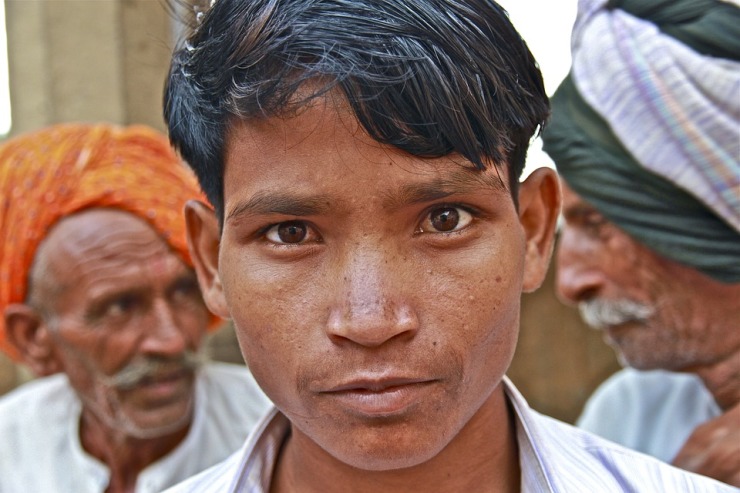
A recent demand by the government of Andhra Pradesh to grant Scheduled Caste (SC) status to Dalit Christians has been welcomed by Christian leaders across the country. The SC status provides benefits under India's affirmative action policy aimed at uplifting marginalised communities.
The Andhra Pradesh Minister of Social Welfare, Merugu Nagarjuna, stated that Dalits who converted to Christianity continue enduring poor socioeconomic conditions and thus should be given SC status. "They converted to Christianity expecting a social change. But there is no change in their lives,” he remarked.
Father Aloysius Ephrem Raju Alex, Deputy Secretary of the regional Telugu Catholic Bishops' Council covering Andhra Pradesh and Telangana, expressed appreciation for the state government's initiative to inform the Justice Balakrishnan Commission about extending SC status to Dalit Christians.
The Commission, appointed in October 2022 by Prime Minister Narendra Modi's federal government, is tasked with studying the implications of granting benefits to Dalit Christians and submitting a report within two years. It is headed by former Chief Justice K.G. Balakrishnan, who hails from a Dalit community himself.
Dalits occupy the lowest position in the Hindu caste hierarchy and have faced severe discrimination for centuries. Large numbers have converted to other faiths like Buddhism, Sikhism, Christianity and Islam to escape caste prejudice. India has over 200 million Dalits out of its 1.4 billion population as per official data.
At present, only Dalits belonging to Hindu, Buddhist and Sikh religions can avail SC quotas in education, government jobs and parliamentary/state legislature seats. Dalit Christians and Muslims are excluded as their faiths are deemed casteless, even though conversion has not uplifted their socioeconomic standing.
Father Alex stated, "The Andhra Pradesh government has done the right thing by making its stand known to the Balakrishnan Commission panel which will submit its report to the central government and Supreme Court." He urged the state to become party to the pending petition in the Supreme Court to bolster the Dalit Christian demand.
Christian leaders want other states to follow Andhra Pradesh's example of supporting SC status for Dalit Christians. They argue that embracing Christianity has not provided any tangible benefits to Dalits in terms of economic or social mobility. Their status remains unchanged even after giving up Hinduism to escape caste discrimination.
Around 60% of India's 25 million Christians have Dalit and marginalised backgrounds. The BJP worries about upsetting its Hindu support base by extending affirmative action to Christian and Muslim Dalits.
The federal government appointed the Balakrishnan Commission after two previous commissions - the Ranganath Misra Commission (2004) and the Rajinder Sachar Commission (2005) - recommended quotas and benefits for Dalit Christians and Muslims.
The Supreme Court case on this issue is now stalled pending the new commission's report. Christian leaders allege the BJP government is buying time by appointing a third commission on this matter, knowing its report will only come after the 2024 national elections.
Justice Balakrishnan's Dalit background had raised hopes of a favourable outcome. But the Commission's extended timeline till 2024 suggests otherwise. The BJP appears reluctant to push controversial reforms shortly before elections that might undermine its Hindu vote bank.
While the Andhra Pradesh government's stand is welcome, only concrete steps like granting SC status to Dalit Christians can uplift this marginalised community. Christian leaders have urged other state governments to join this cause.




